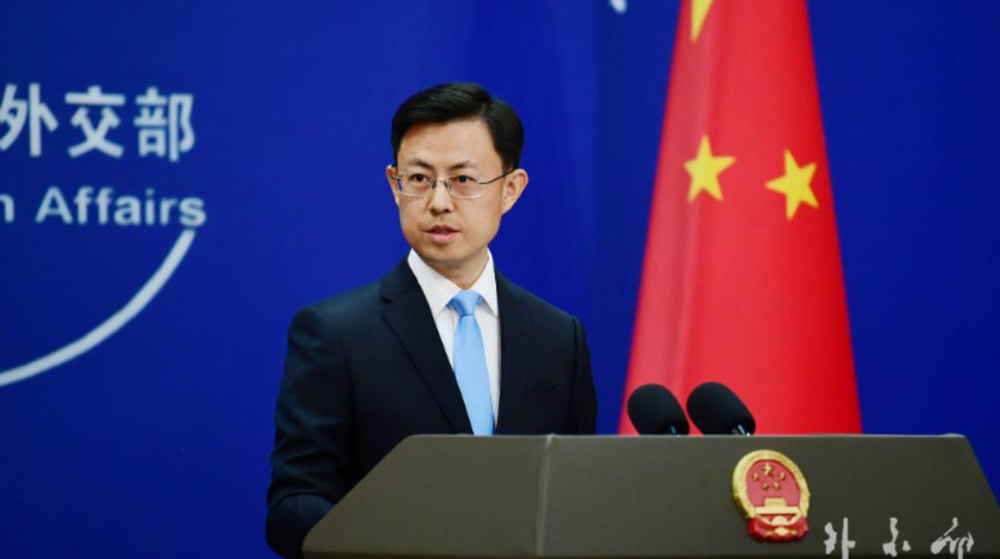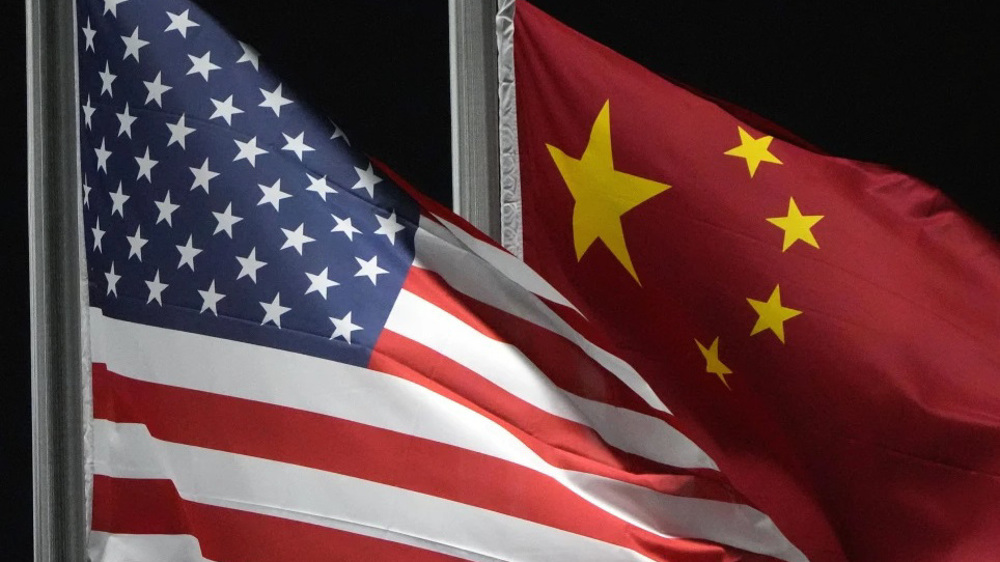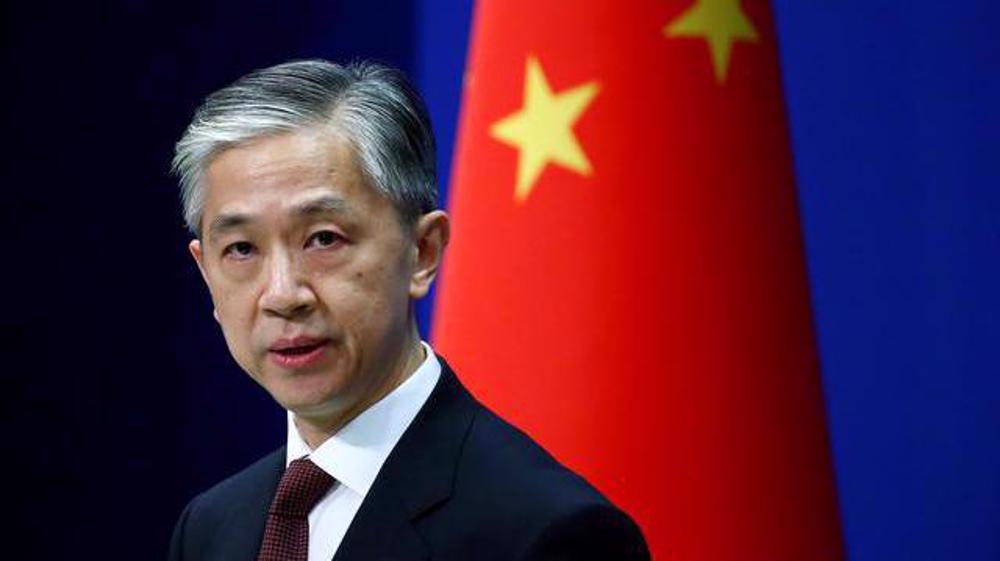China urges US to stop ‘oppression’ of foreign companies
China has urged the United States to stop its “unjustified” crackdown on Chinese companies, following reports that Washington plans to add dozens of Chinese companies to a trade blacklist.
Chinese Foreign Ministry spokesman Wang Wenbin said at a daily press briefing in the capital, Beijing, on Friday that the blacklisting would be evidence of the US’s oppression of Chinese companies, adding that Beijing would continue to take the necessary measures to ensure its companies’ legitimate rights and interests.
“We urge the US to cease its mistaken behavior of unwarranted oppression of foreign companies,” Wang said.
The comments came after the United States confirmed earlier in the day that it would add dozens of Chinese companies, including the country’s main chip maker, the SMIC, to a trade blacklist.
The move by the President Donald Trump administration comes just weeks before Democratic President-elect Joe Biden is set to take office, on January 20.
US Secretary of Commerce Wilbur Ross said in a statement that Washington would deny licenses to the SMIC to access technology to produce semiconductors at advanced technology levels.
The SMIC did not immediately react.
The companies previously added to the US trade blacklist include Chinese telecoms giant Huawei Technologies and 150 affiliates, telecom equipment maker ZTE Corps, and video surveillance company Hikvision.
The SMIC, which relies heavily on equipment from American suppliers, was already in the US’s crosshairs. In September, the US Commerce Department notified some companies that they needed to receive a license before they can supply goods and services to the SMIC after claiming there had been an “unacceptable risk” that the equipment provided to the Chinese company could be employed for military purposes.
In early December, the US Department of Defense added the SMIC and the national offshore oil and gas producer CNOOC to a blacklist of alleged Chinese military companies.
The SMIC has said previously that its products and services are solely for civilian and commercial use.
The US and China have been at loggerheads over a host of issues, including trade, Hong Kong, the COVID-19 pandemic, Taiwan, and the disputed South China Sea.

China says expects ‘in-depth’ talks during Iran foreign minister’s visit

China sanctions US figures over ‘gross interference’ in Beijing’s affairs

China ‘firmly’ opposes countries making trade agreements with US at its expense
China supports Iran-US indirect talks, defends Tehran's nuclear right
VIDEO | Gaza’s dire conditions hit unprecedented levels
VIDEO | Press TV's news headlines
VIDEO | Pakistan’s business and cultural front unites for Gaza: Nationwide shutdown, boycott announced
US jets carry out more aggression against Yemen
Syrian militants enslaving Alawite women in Idlib governorate: Report
VIDEO | US pro-Palestinian campus protest
VIDEO | Palestinian civil defense rejects Israel’s probe and exposes the crime










 This makes it easy to access the Press TV website
This makes it easy to access the Press TV website